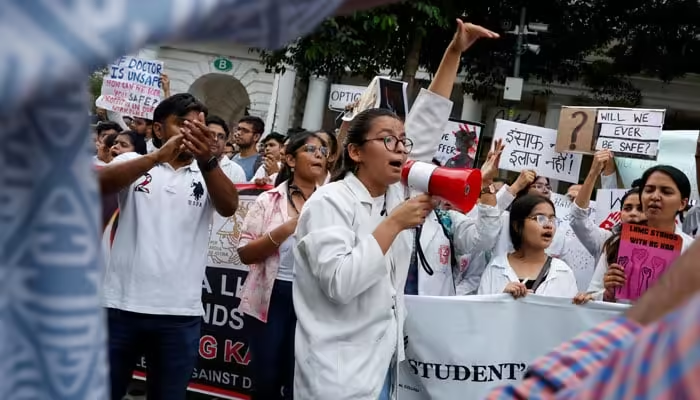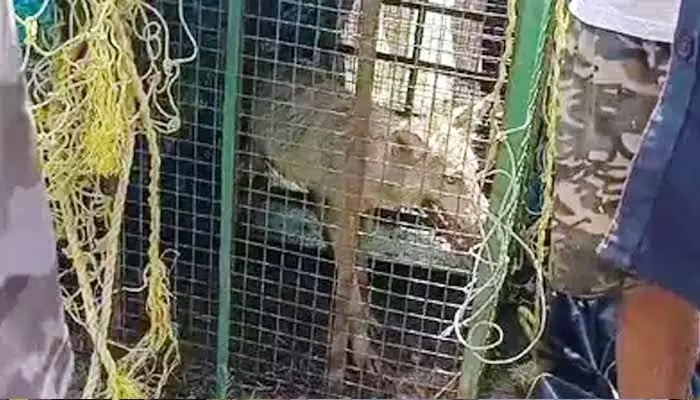On the sun-kissed shores of Sydney’s Bondi Beach, Nixy Krite, a seasoned lifesaver, dashes through the surf, steering an inflatable rescue boat with precision. This training session is not just routine; it’s a part of Krite’s mission to empower a new generation of female lifesavers, marking the path to equality in a domain where women gained entry only in 1980.
As the leader of Bondi Beach’s Inflatable Rescue Boat (IRB) Racing team, Krite, a volunteer lifesaver for 12 years, dedicates over 40 hours per week to safeguarding beachgoers during peak seasons. By training fresh IRB members, she aims to rectify historical imbalances, ensuring equal opportunities for women in a sector that was once exclusive.
In 1980, Surf Life Saving Australia finally allowed women to become fully trained volunteer surf lifesavers after a significant delay since its establishment in 1907. Fast forward to the present, and nearly 50% of the 190,000 volunteer lifesavers across 314 clubs in Australia are women, according to Surf Life Saving Australia.
Among the new recruits is 15-year-old Char Smith, inspired by her mother Kristy, a fellow volunteer lifesaver at Bondi. For Char, joining this legacy is not just a duty; it’s an opportunity to bond with her mother on the patrol.
Krite emphasizes that, in lifesaving, technique often compensates for physical strength, making training pivotal. As Australia celebrates the progress made, the women of Bondi Beach continue to break waves and stereotypes, embodying strength, skill, and a commitment to keeping their shores safe.



